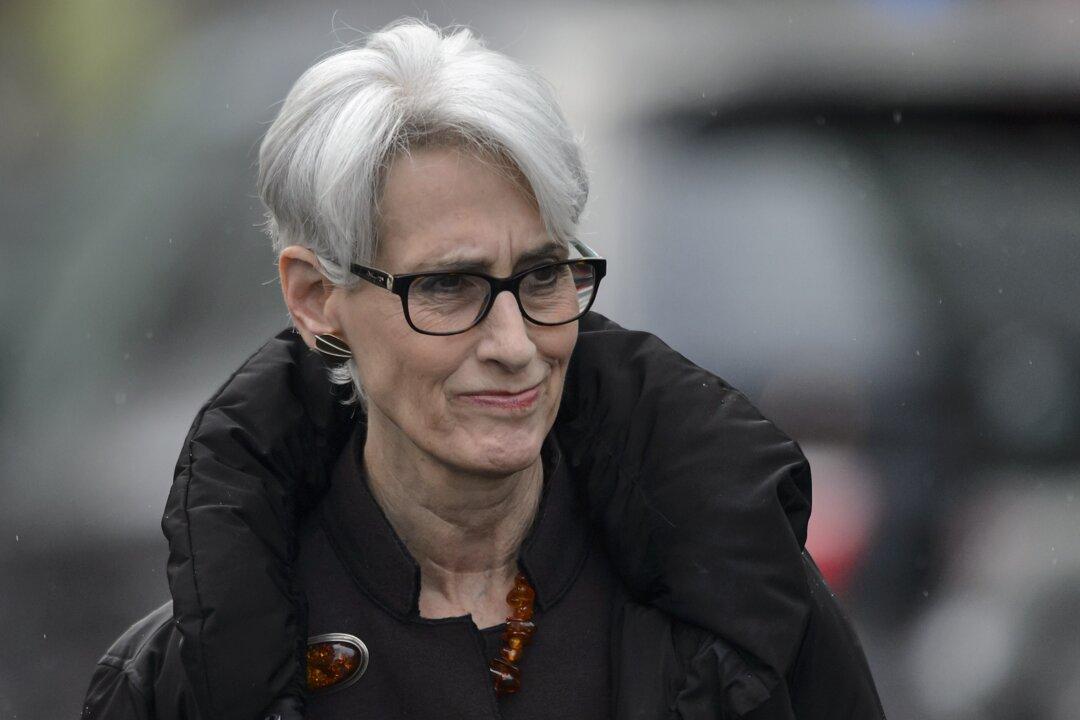The United States and European Union (EU)will pursue more robust cooperation efforts to secure their interests against Chinese aggression in the Indo-Pacific, officials said Friday.
The remarks followed the second EU-U.S. joint dialogue on China and the Indo-Pacific, which took place throughout the first week of December. Officials said that they would further collaborate on issues of economics, technology, human rights, multilateralism, disinformation, and security.




